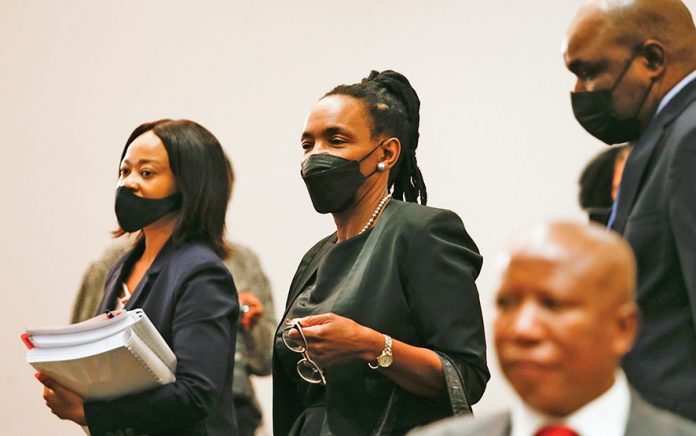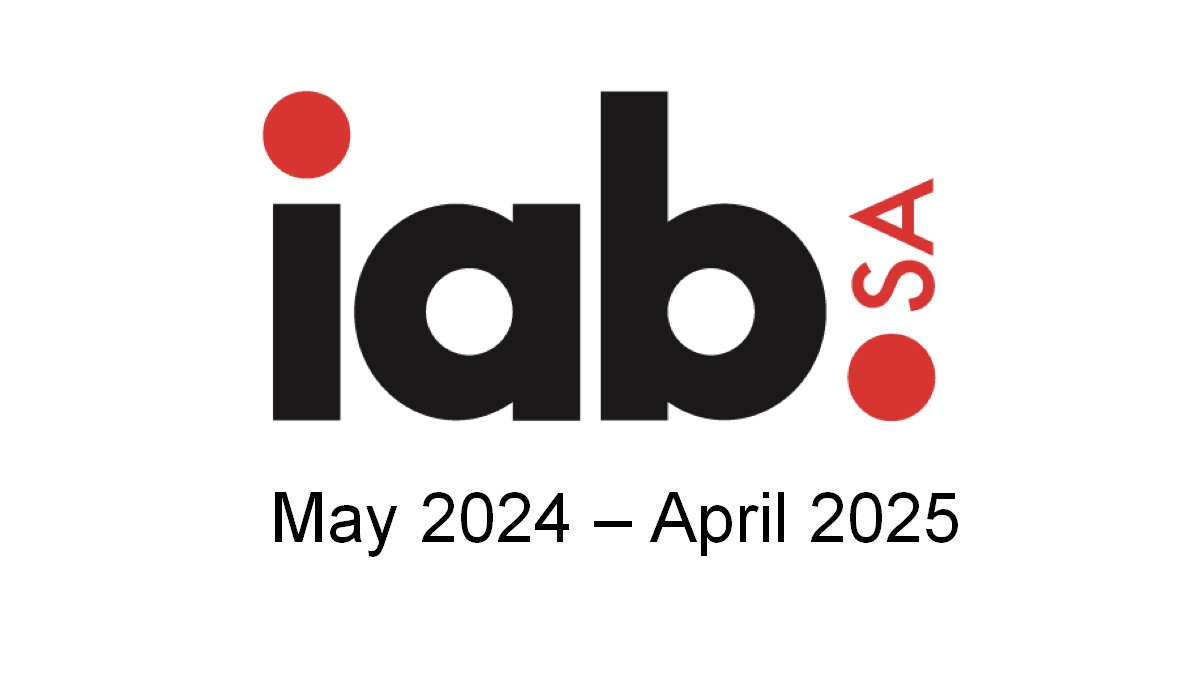Johannesburg – South Africa’s democracy may not necessarily be ideal, but last week it demonstrated strong virtues in transparency, responsibility, and accountability.
The interviews of senior judges for the position of the chief justice, hosted by the Judicial Services Commission, demonstrated that South Africa’s democracy has pockets of excellence that should be consolidated and protected.
Democracy is built around institutions and the proper functioning of such institutions is important for citizens to buy into the democracy project. Key in these institutions is the judiciary. The judiciary is the custodian of the constitution and the arbiter in the peaceful resolution of conflicts in society. The rectitude of the judiciary depends on having people of
integrity manning the institution.
Thus, the appointment of the chief justice is in itself a test in the consolidation of South Africa’s democracy. The quality of the candidates and the process was in itself a reflection of South Africa’s judicial system as a whole. In this regard, the interviews this past week did well in demonstrating that South Africa’s judiciary is still solid, and there are people of integrity in the system.
The openness of the process did well to demystify the judicial system to the nation. Subjecting the candidates to a process of nominations rather than applications goes a long way in building legitimacy, not only for the one who will eventually be appointed but for all those interviewed.
Allowing society to lodge objections against nominees promoted public participation in the process. Getting the candidates to deal with the objections against them highlights the principles of accountability and responsibility. The candidate judges were propelled to take responsibility for their actions and decisions. This bodes well for all legal practitioners
because they are now more conscious that they, at some point, may be called to account for their conduct.
This is a good omen for ethics within the judiciary. One area in particular covered substantively in this area is the relationship between the judges and political executives. This was an important reflection since if left unattended, it risks the independence of the judiciary. Moreover, an accounted relationship between the judges and executive politicians risks a situation where both reinforce each other as different arms of government.
In sum total, it was a good week for South Africa’s democracy. It was a good week for constitutionalism. All four candidates vying for the position of chief justice can make it into the position.
They have all demonstrated jurisprudence knowledge, experience, and integrity, and have emerged as brand ambassadors of our resilient justice system, constitutionalism, and democracy as a whole. It is now up to President Cyril Ramaphosa to decide who is the next chief justice.
Also to be commended are the commissioners who ensured the candidates were grilled professionally. The commissioners understood the issues that pertained to the candidates and were able to link them to the broader body of democracy.
The substantive integrity of South Africa’s judiciary should be emulated in other spheres and institutions of democracy.
Follow @SundayWorldZA on Twitter and @sundayworldza on Instagram, or like our Facebook Page, Sunday World, by clicking here for the latest breaking news in South Africa. To Subscribe to Sunday World, click here




